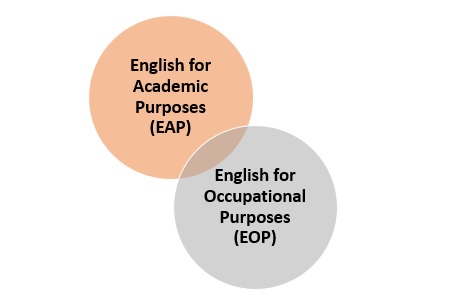
English for Specific Purposes (ESP) started around fifty years ago and with time, the demand for English language skills personalized to specific professional and academic fields has grown expressively.
Unlike other general English courses, ESP majorly focuses on teaching language skills directly appropriate to the learner's specific career or study requirements. Whether you're a new TEFL certified educator or looking to refine your teaching approach, here's what you need to know to successfully teach ESP.
What is ESP (English for Specific Purposes)?
ESP is a division of English language teaching that totally emphasizes on training learners to use English in specific domains. It can be business, engineering, medicine, tourism, and further. It is extremely contextualized and practical, designed to help learners achieve their professional or academic goals.
Different Types of ESP
ESP can be broadly categorized into two main areas:

We regularly share upgraded educational content, tips, feedback, and more. Check us out by clicking the profiles here - Facebook / Twitter / LinkedIn / Pinterest / Instagram / YouTube
Major Characteristics of ESP
Following are the major characteristics of ESP:
Challenges of ESP
Here are some challenges and solutions of ESP ---
Challenge: Lack of Resources
The solution can be utilizing online resources, collaborating with industry professionals, and adjusting existing materials to fit your learners' requirements.
Challenge: Varied Learner Needs
The solution can be customizing the curriculum possible and using differentiated instruction methods to address varied learning styles and levels.
Challenge: Keeping Learners Motivated
The solution can be making the content as related and engaging as possible. Use interactive and practical activities that directly relate to the learners' goals and interests.
Wrapping It Up
Teaching English for specific purposes requires a targeted and practical approach which you can get from the Internationally Accredited TEFL/TESOL Course in Kolkata. By conducting in-depth needs analyses, designing applicable curricula, and using authentic materials, educators can help learners reach their specific academic or professional goals.
Despite its challenges, ESP is a satisfying field that plays a crucial role in helping learners succeed in their specialized domains. Embrace the specificity and significance of ESP, and you'll provide your learners with the valuable skills they need to flourish in their careers and studies.
We believe education should be accessible to everyone. That’s why we don’t charge for our blogs. Find the right course that will help you in your career with us, contact us at - 1800–212–6400. You can mail us at act@asiancollegeofteachers.com